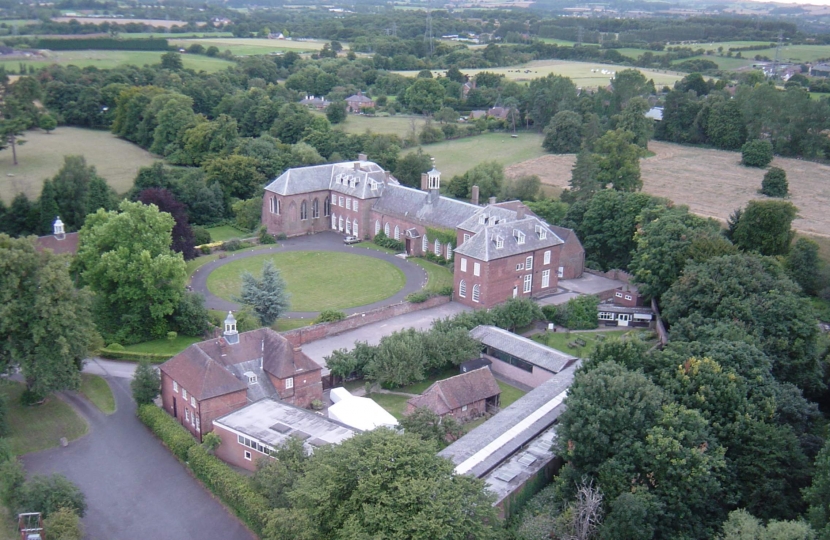
Last Wednesday in Parliament, Sir Peter Luff, the now Chair of the Heritage Lottery Fund, appeared before the Culture, Media and Sport Select Committee, on which I sit as part of its current inquiry ‘Countries of Culture’.
The Heritage Lottery Fund uses money raised by National Lottery players to help people across the UK explore, enjoy and protect the heritage they care about. It is the largest dedicated funder of heritage in the UK and has awarded £7.1 billion to over 40,000 projects since 1994. Sir Peter joined the Heritage Lottery Fund as Chair last year after retiring as an MP.
The Countries of Culture inquiry was launched in March 2016 to look into “ways to preserve and promote UK's cultural wealth”, to include arts, theatre, museums, and festivals.
Heritage Lottery funding in my constituency has ranged from millions of pounds for restoration of Hartlebury Castle in the north all the way down to a £10,000 grant for the a project commemorating the First World War in my own village of Badsey. The Heritage lottery fund is having a very meaningful impact in preserving our heritage assets locally and nationally.
I questioned Sir Peter on alternative funding schemes for culture and the social impact of heritage. Sir Peter responded:
“The heritage tourism market is now worth £12.4 billion a year, supporting 195,000 jobs. That is a hard fact we think we can claim from the research. For social impacts, you can do opinion research on what people think about it. You can also use the evidence of your own eyes. Last week I was at Minsmere meeting a group from Turning Point which helps recovering addicts. If we save one of their lives or turn it around, then the money it will save the health service, the criminal justice service or the benefits system will be huge. The social impacts are often more difficult to measure and are more anecdotal but I consider them to be really powerful.
I also saw a young adult Down Syndrome lad speaking at Holywells Park in Ipswich last week about the way that his Heritage Lottery funded project had given him a sense of purpose, identity, family—there were not many dry eyes when he made that speech. Time and time again you see this… lives turned round by their interaction with heritage. It is a crucial measure and a crucial issue that needs to be properly understood: heritage does change people’s lives for the better.”
I went on to point to the Heritage Lottery Fund’s own research which has shown that every £1 million of HLF funding leads to an increase in tourism revenue for that regional economy of £4.2 million over the following 10 years.
